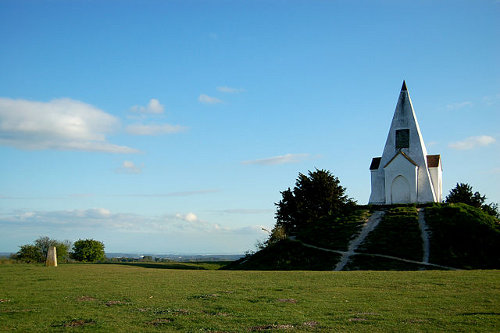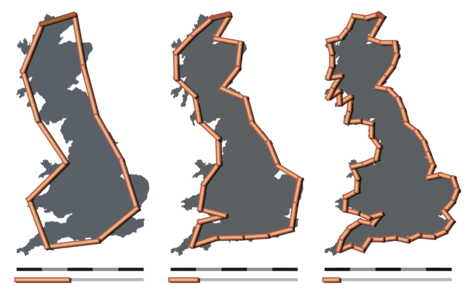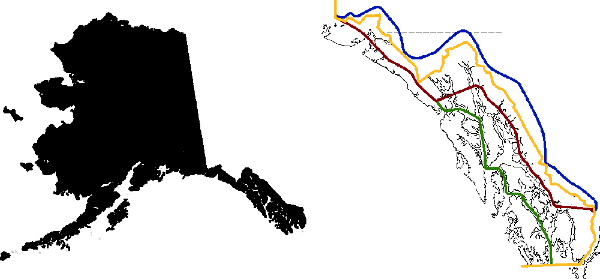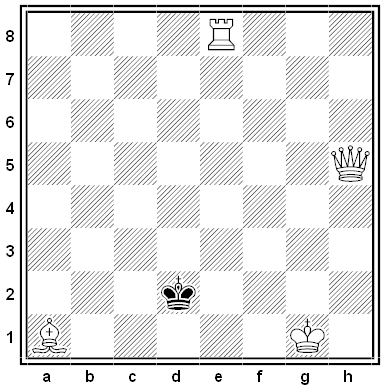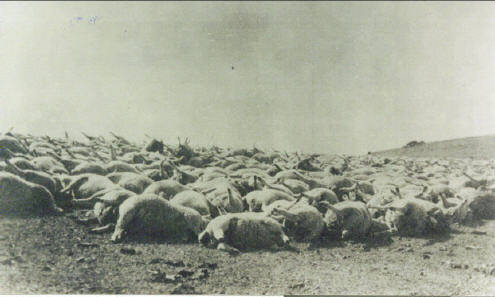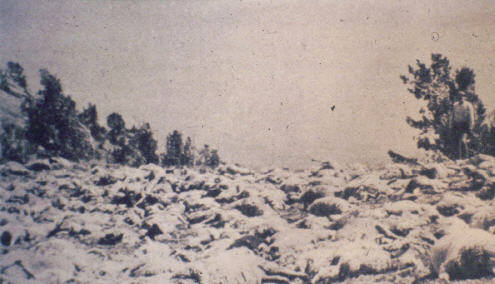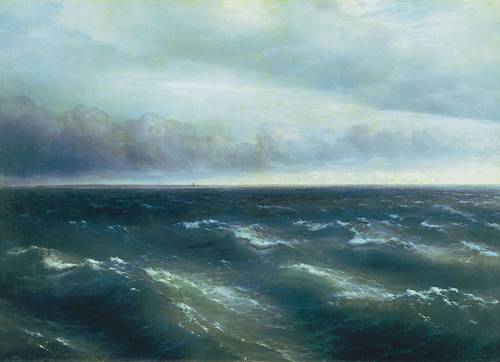
In April 1819 the French slave ship Rodeur set sail for Guadeloupe from the Bight of Biafra with a crew of 22 men and 162 slaves. After 15 days, a disease of the eyes appeared among the slaves in the hold. The heartless captain threw 36 slaves overboard, but the illness soon spread to the crew, and eventually everyone on board except for a single man was blind.
And then came one of the most remarkable incidents in the history of sea commerce. As the Rodeur was crawling along with this one man at the helm, another ship, with all sails set, was seen. That was a glad moment on the Rodeur, and she was quickly headed for the stranger, hoping to get men who could navigate the ship. Drawing near, the Rodeur’s lone helmsman observed that the stranger was steering wildly, and that no one could be seen on board. But the moment the Rodeur had arrived within hailing distance men came to the stranger’s rail, and in frantic tones said that every one on board had become blind, and begged for the help that the Rodeur had come to secure. The stranger was the Spanish slaver Leon.
That’s from journalist John Randolph Spears, who wrote a history of the American slave trade at the turn of the century. This is such a horrible story that I hoped it was just folklore, but it’s borne out in the inquiries that followed and commemorated in John Greenleaf Whittier’s poem “The Slave-Ships”:
“Help us! for we are stricken
With blindness every one;
Ten days we’ve floated fearfully,
Unnoting star or sun.
Our ship’s the slaver Leon,–
We’ve but a score on board;
Our slaves are all gone over,–
Help, for the love of God!”
On livid brows of agony
The broad red lightning shone;
But the roar of wind and thunder
Stifled the answering groan;
Wailed from the broken waters
A last despairing cry,
As, kindling in the stormy light,
The stranger ship went by.
Unable to help one another, the two ships parted. On June 21 the Rodeur reached Guadaloupe, where the last man went blind. The Leon passed into the Atlantic and was never seen again.


